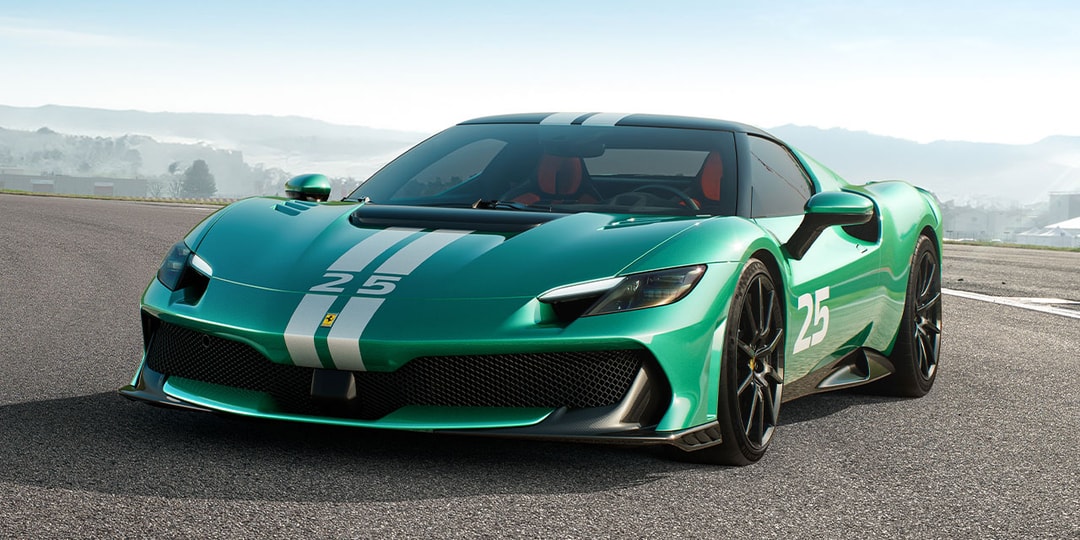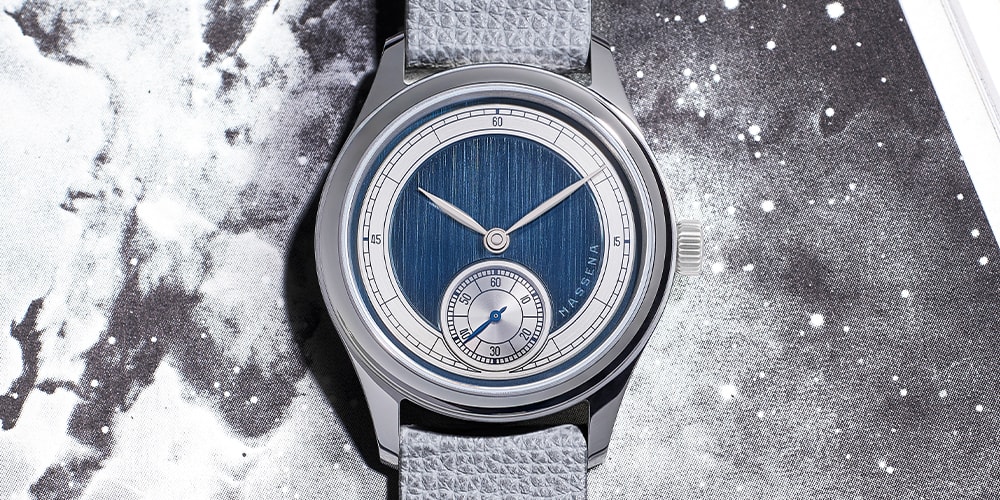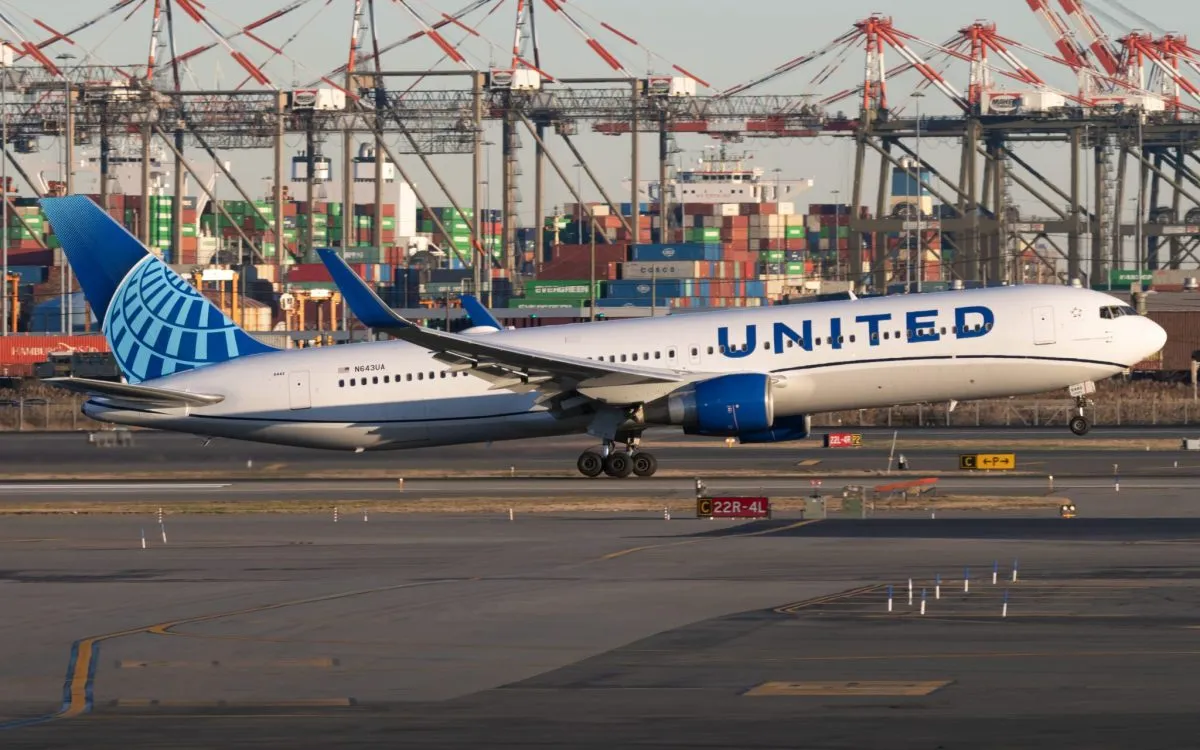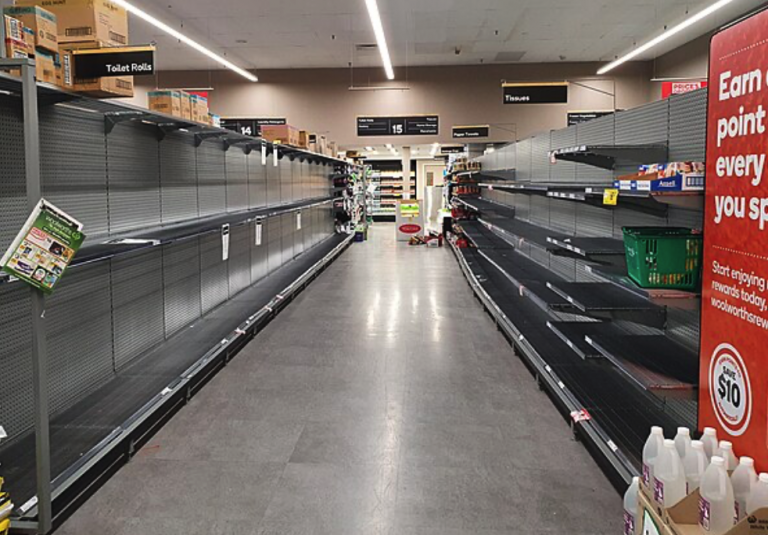Renault Navigates Turbulent Waters Amidst Trump's Tariffs

The automotive industry has been rocked by the repercussions of Donald Trumps trade policies, which have impacted major manufacturers across the globe. However, one company appears to be weathering the storm relatively well: Frances Renault. Under the leadership of CEO Luca de Meo, Renault has successfully emerged from a challenging five-year turnaround and, notably, has minimal exposure to the US market. This strategic positioning has provided Renault with a buffer against the 25% tariffs imposed by Trump on all imported vehicles to the United States.
In a candid interview prior to the announcement of these tariffs, De Meo expressed a sense of relief regarding Renaults situation, saying, I had so many miseries as a Renault CEO in the last four years but, at least, in this case, I dont have to be the first one to be worried. His remarks reflect the challenging climate that many automotive executives face as trade tensions escalate.
While Renault is not directly affected by the tariffs at this moment, analysts and insiders warn that the broader market disruptions could undermine De Meos ambitious plans to enhance Renaults market share in the electric vehicle (EV) sector as well as hybrids. In the storm, were doing pretty well but well see what the boat looks like afterwards. The storm is tough, noted an insider, emphasizing the uncertain future as the fallout from the tariffs unfolds.
The tariffs introduced by Trump have not only impacted car imports but have also disrupted supply chains, creating significant challenges for larger automotive players such as Toyota, Volkswagen, General Motors, and Hyundai. According to Stephen Reitman, an analyst at Bernstein, Renault is among the best insulated from the tariff-induced uncertainties. However, he cautioned that this advantage could erode in the event of a wider market downturn.
Under De Meos leadership, Renault has undertaken significant restructuring efforts, strengthening its cost structure while revamping its product lineup. This revitalization has been guided by engineering expertise, particularly from former PSA engineering director Gilles le Borgne. Unlike some of its competitors, Renault has opted for a smaller manufacturing scale, producing fewer vehicles but with higher profit margins. This strategic choice has proven beneficial, especially as larger rivals like Stellantis and Volkswagen face pressures from both the Chinese and US markets.
Despite its strategic advantages in the current environment, Renault is not completely immune to the negative sentiment surrounding a potential global economic slowdown and its effects on car demand. The company has recently seen its stock price decline by 9% over the past five days, reflecting the underlying concerns regarding its future growth.
Post-restructuring, De Meo aims to increase Renaults share of electric vehicle sales from approximately 12% to a targeted 20%. Additionally, he intends to close the gap with Toyota, which currently holds a significant 48% market share in the European hybrid segment compared to Renaults 20%. My ambition is to make sure that Renault can play in the finals of the Champions League, De Meo remarked, likening his goals to the prestigious European football competition.
In 2023, Renault also revised its long-standing alliance with Nissan, moving to reduce its stake in the beleaguered Japanese automaker, which was once as high as 43%, down to 10%. Currently, Renaults stake stands at 36%, with an 18.7% share held in a French trust that the company is looking to divest. A banking source within the sector has indicated that Renault is unlikely to expedite the sale of this stake, particularly after recent merger discussions between Nissan and Honda fell through. Adding to the complications, Nissans share price has plummeted by 35% this year, making divestment less appealing.
Despite its relative insulation from the US market, analysts question how long Renault can maintain its position amidst a potential drop in demand for new vehicles across Europe, which constitutes two-thirds of its sales. Jefferies analyst Philippe Houchois stated, Its been a great, multiyear turnaround...going from a loss to a 7.5% margin, that part of the story has run its course.
This year, De Meo is expected to unveil a new growth strategy that emphasizes investments in technology and innovation while also exploring business opportunities beyond traditional automotive segments, including software and finance. To navigate rising competition, particularly in China, Renault has formed a partnership with Geely to develop a combustion-engine business, as well as collaborations in South Korea and Brazil.
Central to Renaults growth will be the enhancement of its electric vehicle offerings. The company has reported strong sales and margins from its Dacia brand, which primarily features low-cost combustion-engine vehicles. Additionally, hybrid sales surged by 45% last year, representing a quarter of total sales, although fully electric vehicle sales declined by 20%, making up only 9% of the groups overall sales due to the phasing out of older models in anticipation of new launches like the R5.
Renaults plant in Douai, located in northern France, has been designated as a key facility dedicated solely to electric models. De Meo has emphasized its significance, describing it as the heart of the battle for Renaults future. The plant is set to produce models of the new R5 E-Tech, which will be rolled out across Europe in the coming months. Furthermore, Renault is also preparing to introduce a new electric vehicle from Dacia and an affordable variant of the R5.
The Dacia Spring EV launched last year, and Renault is actively planning additional electric models for the Romanian brand. Analysts at HSBC have noted that the R5 is already the tenth most-sold French car within the first three months of the year, with strong order volumes anticipated for the upcoming launches at the end of 2024.
Nonetheless, to ensure the success of its new product portfolio, Renault must continue to persuade consumers to adopt its electric vehicle offerings. This challenge is compounded by the expected slowdown in the global economy, which could lead to increased vehicle prices due to the tariffs. We need to see Europeans being a bit more convinced by the idea of buying more electric cars, De Meo remarked during his visit to Douai. But were playing to win, not to lose.





















